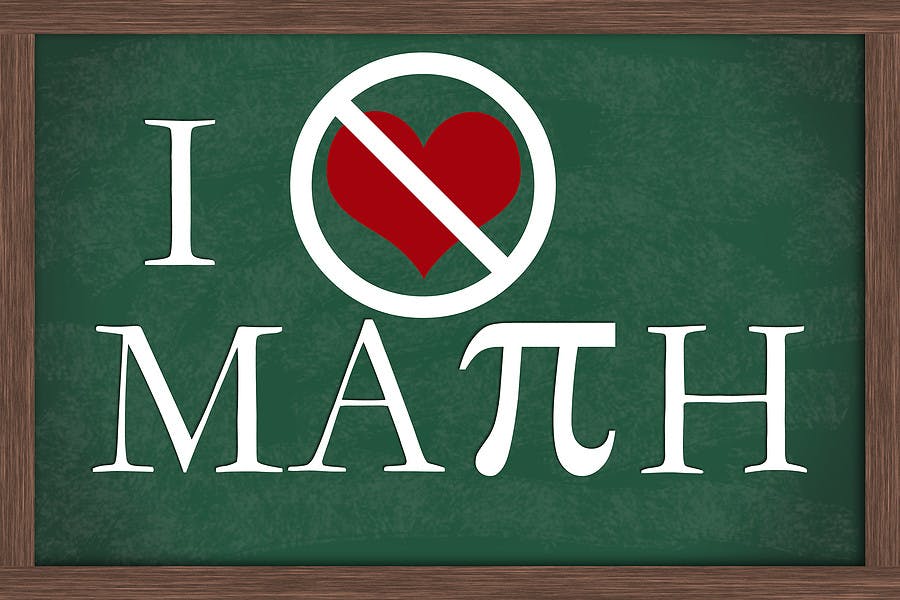Once upon a time, if you didn’t like math and you didn’t like technology, then you could find refuge in HR. After all, HR was about people, right?
Now the world has changed. HR pros are expected to be data-savvy, and almost all HR processes are mediated by technology. So given the widespread impact of technology on HR, the question becomes: “Do you need IT experts within HR?”
Conversely, we could ask: “How much IT expertise does the typical HR professional need to have?”
An Ecosystem of IT Expertise
The starting point is to recognize that the typical HR department needs a mix of high-end expertise, mid-level expertise, and what one might call “everyday expertise.” Of course, this exists on a spectrum, not in discrete levels.
We can understand these levels by looking at a piece of software that everyone is familiar with: Excel. You’ll want everyone to have basic Excel skills, but as long as the department has someone at hand with mid-level expertise in Excel who can help out when others get stuck, then you will be OK.
Finally, if you are using Excel to manage compensation relying on macros, consolidating spreadsheets, and so on, then you will probably need someone with high-end Excel expertise. This person will be more akin to a programmer than a traditional HR professional, and they may spend a good deal of their time creating, maintaining, and debugging the set of Excel sheets others are using, as opposed to directly doing comp work.
So how do you build that ecosystem of expertise?
Through a mix of who you hire and in some cases the creation of new roles.
New Hiring Requirements?
No matter what role we are hiring for in HR, having someone who is tech-savvy is preferable to someone who is not. The more tech-savvy the better.
Furthermore, if a candidate is technophobic, then you probably don’t want them at all since technology is likely to permeate their work now or in the future. You don’t need everyone to be a tech whiz, but the more tech savviness you can bring into the HR ecosystem, the better prepared you will be to assess, implement, and make full use of available HR technologies.
New Roles?
If your organization is large enough, then you will probably benefit from having professionals who are experts both in HR processes and in IT. They might be in charge of the talent acquisition technology stack and be heavily involved in assessing new products, redesigning processes to align with the limitations of new software, implementation, troubleshooting, and so on. They would be a very strong bridge between the talent acquisition pros and the true IT specialists.
Similarly, you might have HR-IT specialists for talent management (salaried workers) or workforce management (hourly workers), or for areas like data governance or cybersecurity within the HR department.
There should be a bright future for people who have expertise in these two domains.
Ultimately, though, we need to cycle back to the beginning of this article. The days when HR could be a refuge for “people people” who don’t like tech are over. Not everyone needs to be an expert, but everyone does need some basic tech-savvy. Understanding tech will provide aspiring HR pros to get involved in projects, decision-making, and even governance at a much higher level than they would otherwise. It can be a nice differentiation for anyone building their career in HR.
